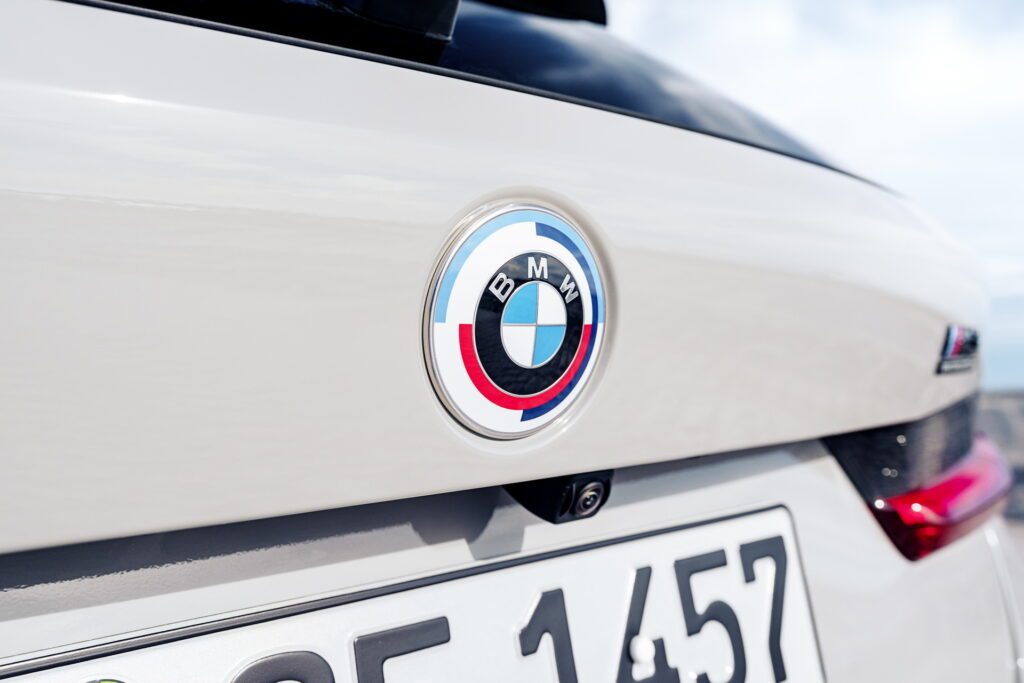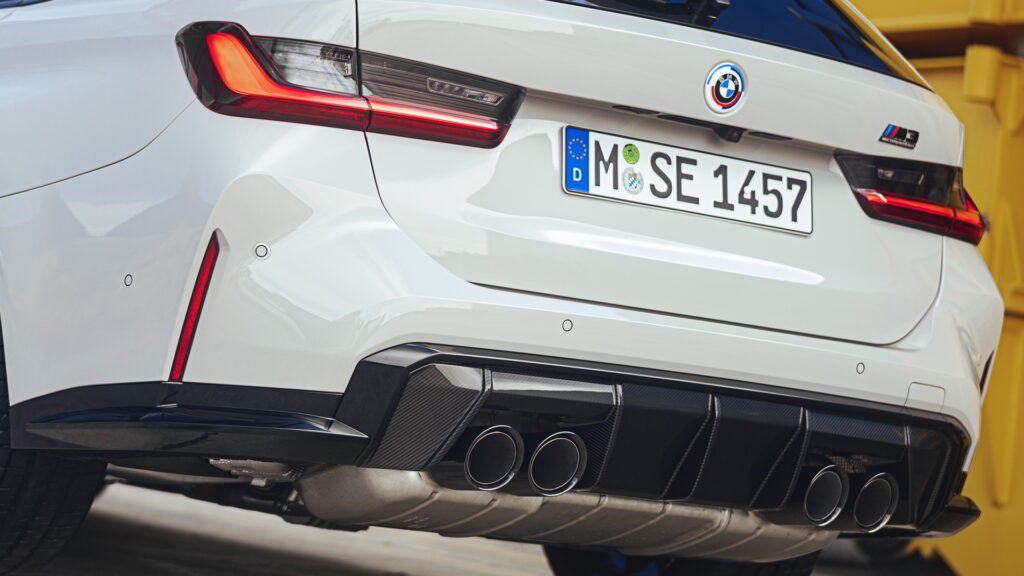A Munich district court has decided that a lawsuit brought against BMW is unfounded. Deutsche Umwelthilfe’s (DUH) legal challenge sought to compel the automaker to tighten its emission reduction targets but, as with other similar challenges in Germany, has not been upheld.
DUH said in its lawsuit that BMW should end production of internal combustion vehicles by 2030, and limit emissions before then to stay within a “carbon budget” it had calculated. The non-governmental organization (NGO) made the calculation based on the global carbon budget decided on by the Intergovernmental Panel on Climate Change.
It argued that if BMW did not stay within the budget, it would be infringing on DUH’s rights to be protected from the consequences of climate change. That reasoning was based on legislation introduced under Germany’s climate protection law, which was passed in 2021.
Read: BMW And Daimler Sued In Germany For Insufficient Climate Actions, VW Could Be Next

The court conceded that there was merit to this argument in theory but ultimately found that there wasn’t sufficient evidence to suggest that the DUH’s individual rights were being threatened by BMW.
The court pointed to the fact that BMW has already set emissions reduction goals for itself that align with regulations and the Paris Climate Agreement. It is not yet evident that those goals infringe on others’ lives, an argument that Juergen Resch, the head of DUH, told Reuters he disagrees with.
“We think it is already clear that the regulations set by the state are not enough,” said Resch. “Courts say it’s not yet legally evident—but if it becomes clear in a few years that carbon reduction targets won’t be met, we’ll be back at the negotiation table.”
BMW, meanwhile, said it welcomed the ruling, adding that public debate on achieving climate goals should take place in parliaments, not the courtroom.
The Munich court’s decision follows similar rulings in Germany. DUH’s lawsuit against Mercedes in Stuttgart was thrown out of court for similar reasons. The NGO has vowed to appeal both cases.





